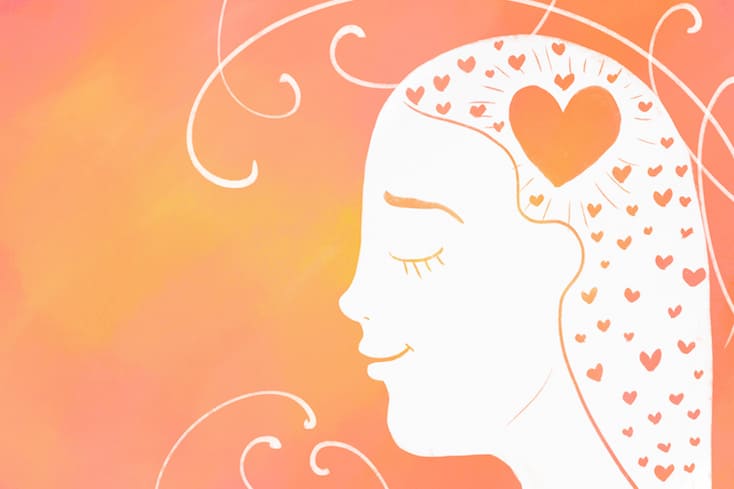February 17, 2021
By Angela Rose Steinberg

When COVID-19 surged across the world, it exposed flaws in various systems and sparked the need for change. My life became impacted in a similar (but much smaller) manner.
I am a recent college graduate, who prides myself on leadership involvement in several extra-curriculars, having a large group of close-knit friends and achieving academic success. To compensate for my dangerously low self-esteem, I set unattainable expectations to convince others (and myself) my highly sought-after life is achieved almost effortlessly. Living with my parents, at 23, while I struggle to find a position in commercial real estate amid a global pandemic was never a part of my “perfect” plan.
As someone who struggles with anxiety/depression and ADHD, I am constantly seeking a fast-paced environment to compensate for my insecurities. The impressive grade on an exam assured me that I was smart. The boy who asked for my number at the bar assured me that I was pretty. Conversations with interested employers assured me that I would one day amount to be successful in my chosen career path. Upon graduating, and the whole world transitioning into lockdown, those resources I relied so heavily upon to measure my self-worth became unavailable nearly overnight.
Without these self-fulfilling validators, it seemed unattainable to tell myself I was smart, pretty or successful and sincerely believe it. Immediately, I began seeking new ways to ease those insecurities. As someone with an enormous love for people, I believed this downtime was an opportunity to spread positivity to people experiencing extreme hardships. I put together care packages for people experiencing homelessness, I raised money for childhood cancer research, and taught myself to paint as a means of cheering up loved ones with my artwork. It felt gratifying to bring happiness into a world that desperately needed it.
Community service should always be encouraged so long as it is coming from a healthy place. After months of reflecting, I now recognize this was not entirely the case for me. Subconsciously, I was using the gratefulness shown to me by others to fulfill the much needed self-love I was unable to achieve independently. There was never consciously a selfish intent in my actions; I just wanted to make people happy. Ironically, when my projects were finished, the only thing left incomplete was the exact unfulfilled void which prompted me to begin the project in the first place.
The only way I know how to live my life is relying on others’ approval and behavior toward me to measure my self-worth. After returning home in March, it took nine months to conclude that I can no longer rely on the validation of others to fulfill my own insecurities. The only successful method of self-love is showing this love to myself firsthand.
At 23 years old, I am learning how to truly love myself for the very first time. By this age, not only have my friends practiced loving themselves, but they have also learned how to fall in love with someone else. I have experienced neither. Perhaps, that is not a coincidence.
Never did it occur to me until now, while working hard to show others love and gain their approval, that I neglected to show gratitude for myself. Just as I had done several times during my childhood to apologize and show gratitude for loved ones, I needed to write a letter. This letter, however, was to myself.
Angela,
Rarely do I express how much I love you; how much I respect you; how beautiful, caring and resilient you are. I’m sorry. There are so many special qualities I disregard and take for granted. Specifically:
In the past, I’ve let you down. I sacrificed who I am and the love I deserve. I promise to honor you, care for you and celebrate you. This time, I promise to start loving you first.
With love,
Angela
Angela is a recent college graduate with a finance degree from Michigan State. She’s always enjoyed writing, but Angela has only recently begun using it as an outlet for her ADHD, anxiety and depression. She has become an advocate for ending the stigma around mental health through vocalizing her own difficulties. Angela believes the best tool for those struggling is surrounding yourself with positive supporters and discussing the challenges you’re facing right away.
We’re always accepting submissions to the NAMI Blog! We feature the latest research, stories of recovery, ways to end stigma and strategies for living well with mental illness. Most importantly: We feature your voices.
LEARN MORENAMI HelpLine is available M-F, 10 a.m. – 10 p.m. ET. Call 800-950-6264,
text “NAMI” to 62640, or email. In a crisis, call or text 988 (24/7).